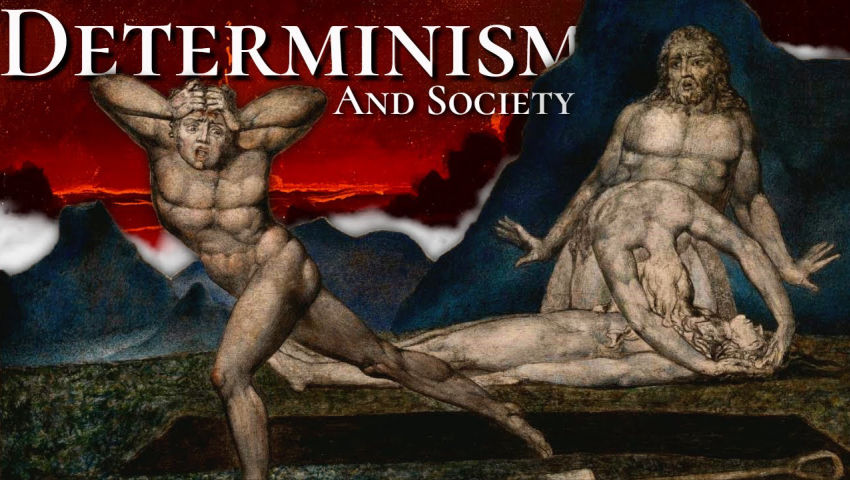cross-posted from: https://tilvids.com/videos/watch/52190b96-3443-483e-91ef-8b99edb3bd58
What would a largely deterministic society look and behave like? Would it be, as some imagine, a more merciful and just society, or as some others suppose, a veritable wasteland where lawless immorality, cruelty, and hopelessness reign supreme? In this video I hope to answer this contentious question and to bring some clarity to an otherwise esoteric matter.
Music: Adrift Among Infinite Stars - Scott Buckley
Instagram: https://www.instagram.com/letstalkphilosophy/
Sources:
For this particular work I have taken much from the philosopher Spinoza, the psychologist Robert Sapolsky, and the Neuroscientist/philosopher Sam Harris. I have found their insights to be extremely helpful in clarifying my own thoughts on the matter and I encourage you to read or listen to their thoughts on Determinism and free-will.
Thought this would be interesting given the recent discussion on Robert Sapolsky. If you like this content the PeerTube channel can be followed directly from your Lemmy account at !letstalkphilosophy_channel@tilvids.com
Copy of comment from crosspost:
Society is already deterministic (or at least not controlled by us, you can argue for quantum randomness). People still behave like they have free will.
to challenge free will is to challenge the idea of the self. if the universe is mechanistic, and you within it are equally mechanistic, then you can’t point at your mechanism and say “i stand apart from the world.” you are literally but a part of the larger whole.
morality could be compatible with determinism. the most compatible moral frameworks seems to be a type of universalism, which on the surface resembles altruism. there’s nothing special about ‘you’, so you’d never trade someone else’s well-being to make your own better (it’s a nonsensical exchange, like building a house and then selling it to yourself). when confronting determinism, why do people gravitate toward defeatism instead of this more optimistic conclusion?



